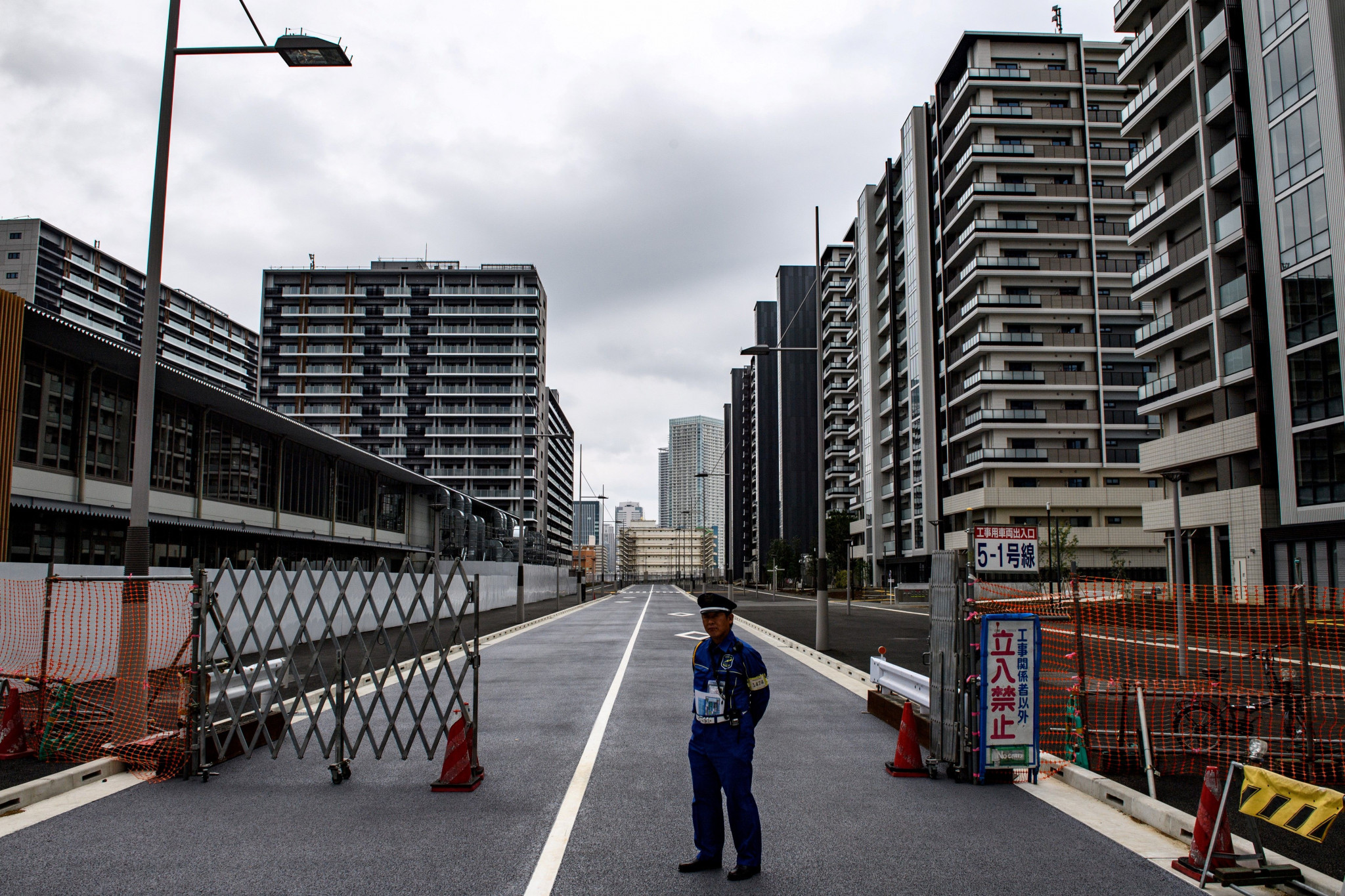Athletes will be limited to the Athletes’ Village and competition venues on arrival for the Tokyo 2020 Olympics, according to International Olympic Committee (IOC) vice-president John Coates, who has also reiterated that further postponement of the Games is not an option.
Coates confirmed in an interview with Sky News Australia that athletes would not be quarantined on arrival, but would be subject to regular testing for COVID-19 at the Games.
The measures are expected to be outlined in further detail in "playbooks" published by the IOC and Tokyo 2020 from next week.
These are expected to include a series of rules for athletes to follow before travelling to Japan and on arrival.
Participants are expected to have to undergo a period of quarantine before travelling to Tokyo, and will be subject to frequent testing, including at the airport and at the Village.
Coates said that organisers were striving to ensure the Athletes’ Village was the safest place in Japan.
"The playbooks will give instruction on what is expected from them before they go to the Games, as an example," Coates said.
"They must undertake testing, salvia and nose, within 72 hours of travelling to Tokyo.
"Like we have introduced in Australia for people coming here.
"They will be tested on arrival and will be tested, if they continue to be negative, every four days.
"They will be limited to the Olympic Village and transport to their venue for competition and training, that’s it, no going downtown."
The IOC confirmed last month that athletes will be expected to arrive in the Athletes’ Village five days prior to their competition at Tokyo 2020.
They will then depart a maximum of two days afterwards.
The IOC said this is designed to reduce the number of residents in the Olympic Village and minimise the risk of COVID-19 exposure.
The prospect of a behind-closed-doors Olympic and Paralympic Games has been mooted in recent months.
World Athletics President Sebastian Coe last week expressed confidence in the Games taking place, but admitted the event may be forced to run without spectators.
According to Tokyo 2020 President Yoshirō Mori, a decision on whether spectators will be permitted to attend Tokyo 2020 will be made in March.
"A decision will be taken on venues, we have to look at the capacity and what the situation is," Coates told Sky News Australia.
"They have had crowds at baseball of 30,000.
"That will be a decision taken in March or April.
"It may be that there will not be foreign spectators.
"We should leave those decisions as late as possible."
IOC President Thomas Bach this week warned speculation and rumours suggesting the Games would not go ahead was "hurting athletes".
A report by British newspaper The Times last week said the Japanese Government had privately decided Tokyo 2020 would have to be cancelled because of the coronavirus crisis.
The story, based on an unidentified Government source, was swiftly denied by the Japanese Government and the IOC, but it sparked concern among athletes and other officials over the fate of the Games amid a surge in COVID-19 cases across the world.
Coates insisted the Games had never been cancelled and there had been "no talk" about it.
Public support for the Games is appearing to wane, with a recent Kyodo News survey finding around 80 per cent of Japanese people want this year's Olympic and Paralympics in Tokyo to be cancelled or postponed.
Coates, who chairs the Tokyo 2020 Coordination Commission, said a second postponement was not an option.
"In the mind of the Japanese, they explained to me that this was similar to when the pandemic first broke," he said.
"They did polls saying postpone it and we postponed it.
"They thought that option was still available, that option is not available anymore.
"That is what has further complicated it."

